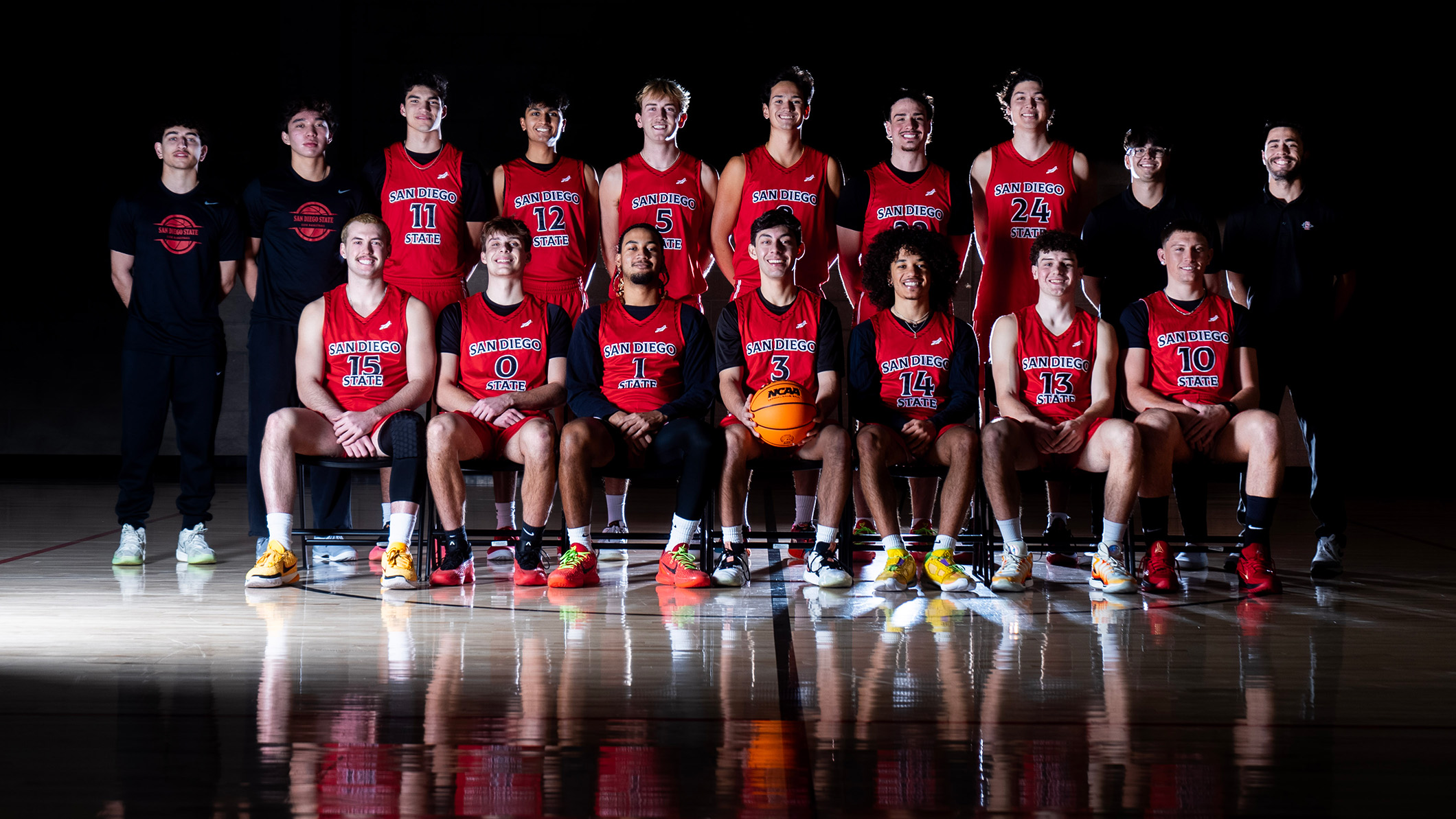Professors of Equity Aim to Create Awareness
The initiative provides opportunities for SDSU faculty to address diversity-related topics.

When you hear the word “superhero,” what do you first think of?
Do you think of Superman or Batman? Maybe you think about Spider-Man?
Usually, it is a white man, and rarely is it a woman or person of color.
That is an implicit bias, and it comes from a variety of things, including the media, observations, interactions or beliefs of those around us.
So how do we deconstruct that thinking?
That is the objective of the Professors of Equity in Education at San Diego State University.
The Professors of Equity, made up of seven faculty members from different departments at SDSU, provide opportunities for fellow faculty and staff to address diversity-related topics through professional learning seminars and open discussions, beginning with the topic of implicit bias and racial/gender microaggressions.
The other diversity-related professional learning seminars focus on implicit bias in the hiring process, inclusive teaching practices, socio-cultural competence, syllabi refresh, and what it means to be a Hispanic Serving Institution.
“The main goal of the work that we’re doing is to create an awareness,” said Cristina Alfaro, Provost Chair for Latinx and Transborder Affairs and Interim Associate Vice President of Global Affairs. “We’re not trying to change people, but at the minimum, we can raise the level of critical consciousness that we all have biases with the potential to become microaggressions if these remain unchecked. The vision is that everyone who works, teaches or attends SDSU feels welcomed, that they belong and they feel safe.”
The Professors of Equity in Education are:
- Felicia Black, Department of Child and Family Development
- Yea-Wen Chen, School of Communication
- Thierry Devos, Department of Psychology
- Roberto D. Hernandez, Department of Chicana and Chicano Studies
- Sureshi Jayawardene, Department of Africana Studies
- Feion Villodas, Department of Psychology
- Daniel Reinholz, Department of Mathematics and Statistics
“These are knowledgeable, compassionate, committed and courageous professors leading this work,” said Alfaro. “We were all committed to this work but we were working in silos. When the initiative was first announced, it brought these people together on a systems level to move the needle in a collective, positive direction.”
Scholarly research
Reinholz, a professor in the Department of Mathematics and Statistics, is one of the Professors of Equity and helps to lead the discussion on implicit bias and microaggressions.
Reinholz’s own scholarly research focuses on implicit bias in mathematics classrooms. He has co-developed an app with Niral Shah of the University of Washington called EQUIP, which supports classroom observations and provides data visualizations for instructors to reflect on their own biases and improve their teaching.
“I believe there is a strong alignment between my scholarly work and the goals of the Professors of Equity,” said Reinholz. “In mathematics, we know there are gendered and racialized narratives about who can and can’t do math. These stereotypes can be very damaging, and they push students away from mathematics. The goal of my work is to challenge those stereotypes.”
EQUIP provides a deep dive into classroom participation, to help instructors see equities and inequities in relation to a specific student or group, such as Latinx students. By reflecting on these data, instructors can revise their teaching to be more equitable.
“Sometimes in our classrooms, we don’t always see what is happening. EQUIP helps make implicit biases more visible so that people can address them,” said Reinholz. “Similarly, the Professors of Equity are building awareness of issues that aren’t always given enough attention, so we can talk about them, engage them and make progress on them.”
Reinholz said the fact faculty members are able to learn and discuss diversity-related topics with fellow faculty members who are in a similar situation helps to advance the dialogue.
“When we see our peers speak about their experiences, it can help us build empathy because we are in similar roles.”
Faculty and staff take opportunity to learn
Pamella Lach, the SDSU Digital Humanities librarian, attended two sessions in the past: the implicit bias and microaggression session and the implicit bias and hiring practices session.
“Each of us has a responsibility to contribute to a more diverse, equitable, and inclusive environment where students can succeed and faculty and staff can thrive,” said Lach. “The Professors of Equity serve as important leaders in this work, modeling ways that we can be more inclusive in our hiring, in our teaching, in our professional practice, and in our interactions with each other. They are important allies in this work.”
Lach said she left each session pleased by the wide disciplinary reach of those in attendance, as well as the inclusion and high participation of staff.
“It’s really important to include staff in these learning opportunities,” said Lach. “While the content was largely focused on faculty issues, we all benefit from hearing a range of perspectives in the room. We have so much to learn from one another.”
Tracy Love, director of the SDSU School of Speech, Language, and Hearing Sciences, organized a professional learning seminar with the Professors of Equity and the school’s faculty. After an overwhelmingly positive experience, the faculty will have a follow-up session on inclusive pedagogy this fall.
“The faculty thought the Professors of Equity initiative would be a great opportunity for us, as a school, to have open discussions about these issues,” said Love. “I think these discussions and topics open the door for reflection and open, honest discussions in a safe, non-judgmental environment. I enjoyed seeing all the faculty contributing to the discussions, bringing up their own experiences and how it made them feel. It opened my eyes and I’m grateful for that.”



